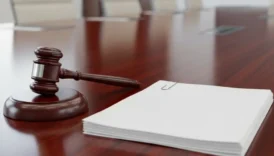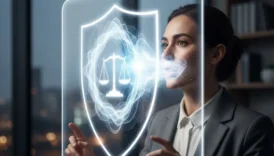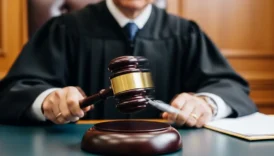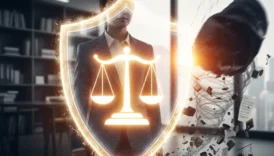What Is a Power of Attorney?
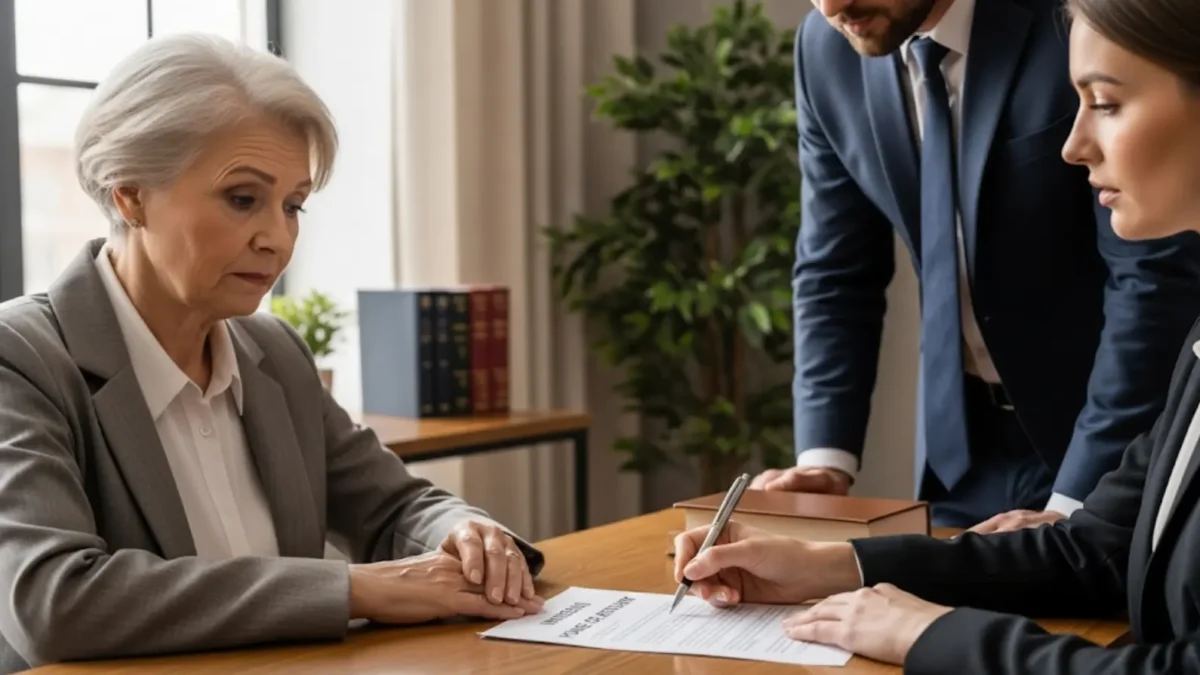
A power of attorney (POA) is a legal document that gives one person the authority to act on behalf of another. It is widely used in situations where someone cannot be physically present or is unable to make decisions due to illness, disability, or absence. A power of attorney helps ensure that important personal, financial, or medical decisions can still be made responsibly.
Simple Definition
A power of attorney is a written authorization that allows one person (the “agent” or “attorney-in-fact”) to act on behalf of another person (the “principal”). The scope of authority can be broad or limited, depending on the type of POA created.
Real-Life Examples
- Financial matters: A person gives authority to a trusted relative to manage bank accounts or pay bills.
- Medical decisions: Someone designates a healthcare proxy to make medical choices if they become incapacitated.
- Business transactions: A traveling business owner authorizes an agent to sign contracts in their absence.
- Property management: An elderly individual grants POA to a family member to manage real estate.
Importance of the Term
- Flexibility: Can cover a wide range of legal, financial, and medical decisions.
- Protection: Ensures trusted individuals can act when the principal cannot.
- Planning tool: Commonly used in estate planning and elder care.
- Efficiency: Saves time and avoids costly court procedures like guardianship.
Comparison (General vs. Durable Power of Attorney)
| Factor | General Power of Attorney | Durable Power of Attorney |
|---|---|---|
| Scope | Broad authority, but ends if principal becomes incapacitated | Remains valid even if principal becomes incapacitated |
| Duration | Limited to the principal’s capacity | Continues during incapacity |
| Use | Business or financial management | Long-term planning, healthcare, estate |
FAQ
1) Who can be appointed as a power of attorney?
Any trusted individual, often a family member, friend, or lawyer.
2) Can a power of attorney be revoked?
Yes. The principal can revoke it at any time as long as they are mentally competent.
3) Does a power of attorney survive death?
No. A POA ends when the principal dies, after which estate laws take effect.
4) What is a durable power of attorney?
It remains valid even if the principal becomes incapacitated.
5) Is a lawyer required to create a power of attorney?
Not always, but legal guidance ensures the document is valid and tailored to specific needs.
Closing
A power of attorney is a flexible legal tool that empowers trusted individuals to act on another’s behalf. Whether for financial, medical, or personal matters, it ensures continuity and protection in times of incapacity or absence.

